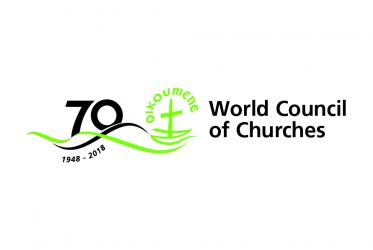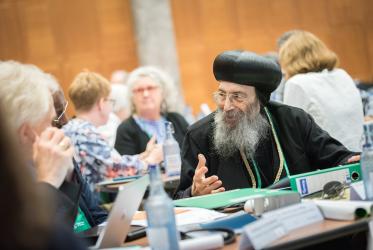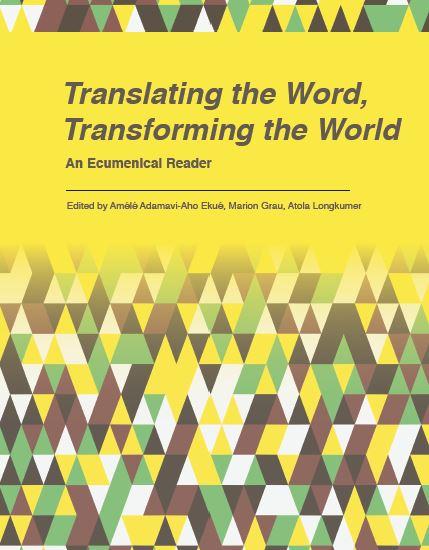Displaying 241 - 260 of 313
#WCC70: A night talk with Fidel Castro
06 September 2018
Aiming for unity within diversity in Asia
20 April 2018
“Bible App” makes Week of Prayer even more accessible
23 January 2018
WCC develops digital map for Churches’ Commitments to Children
19 October 2017
Exhibition of hope for the Holy Land opens in Geneva
13 September 2017
Faces of hope and moments of justice and peace
25 July 2017








